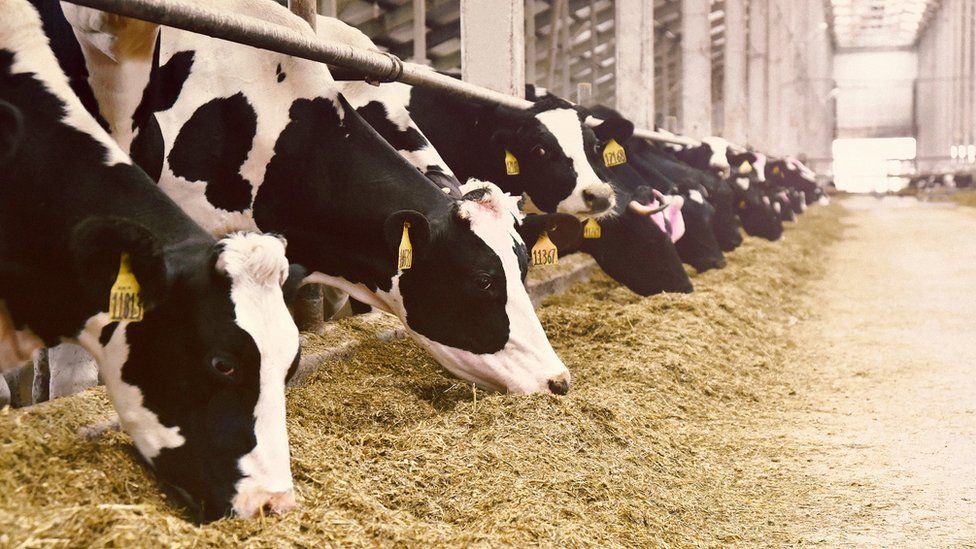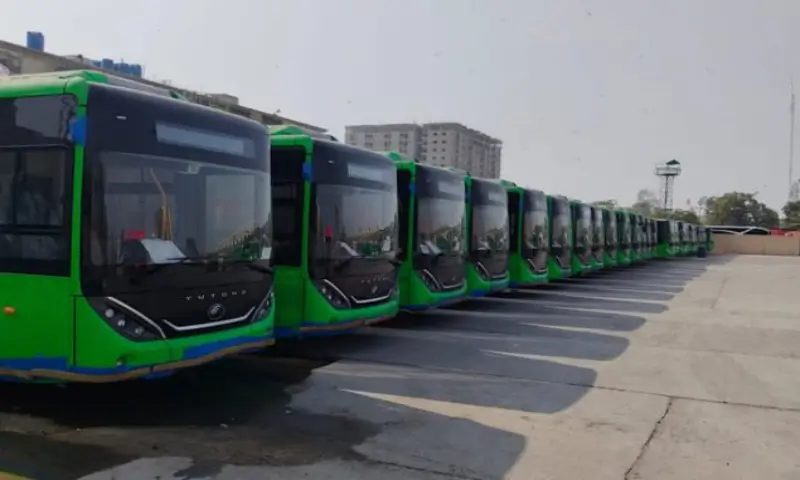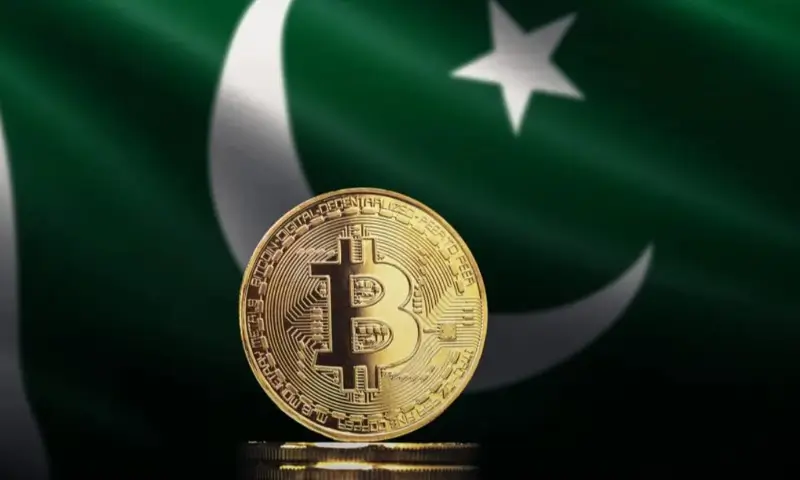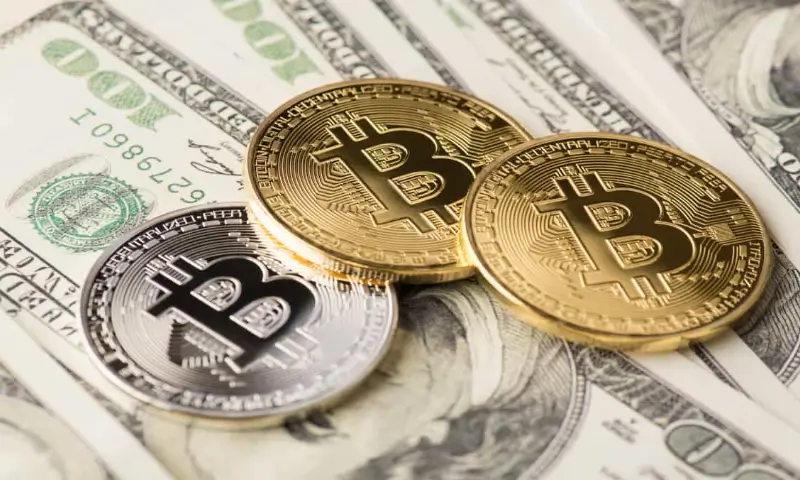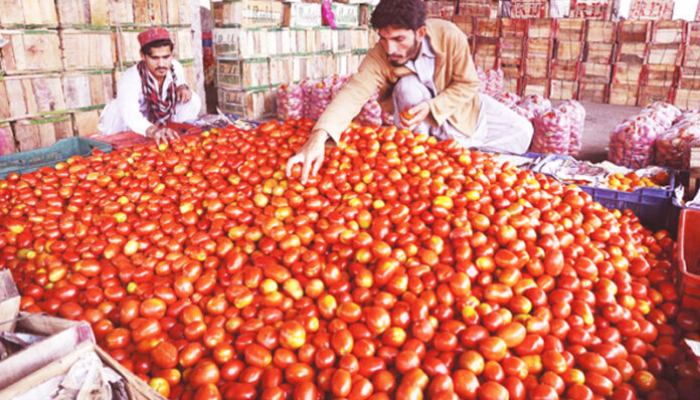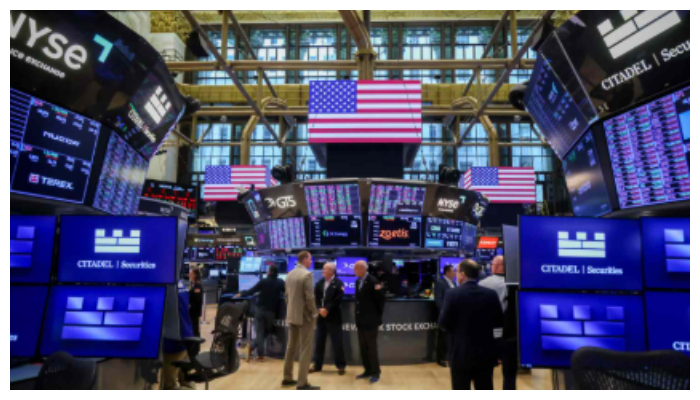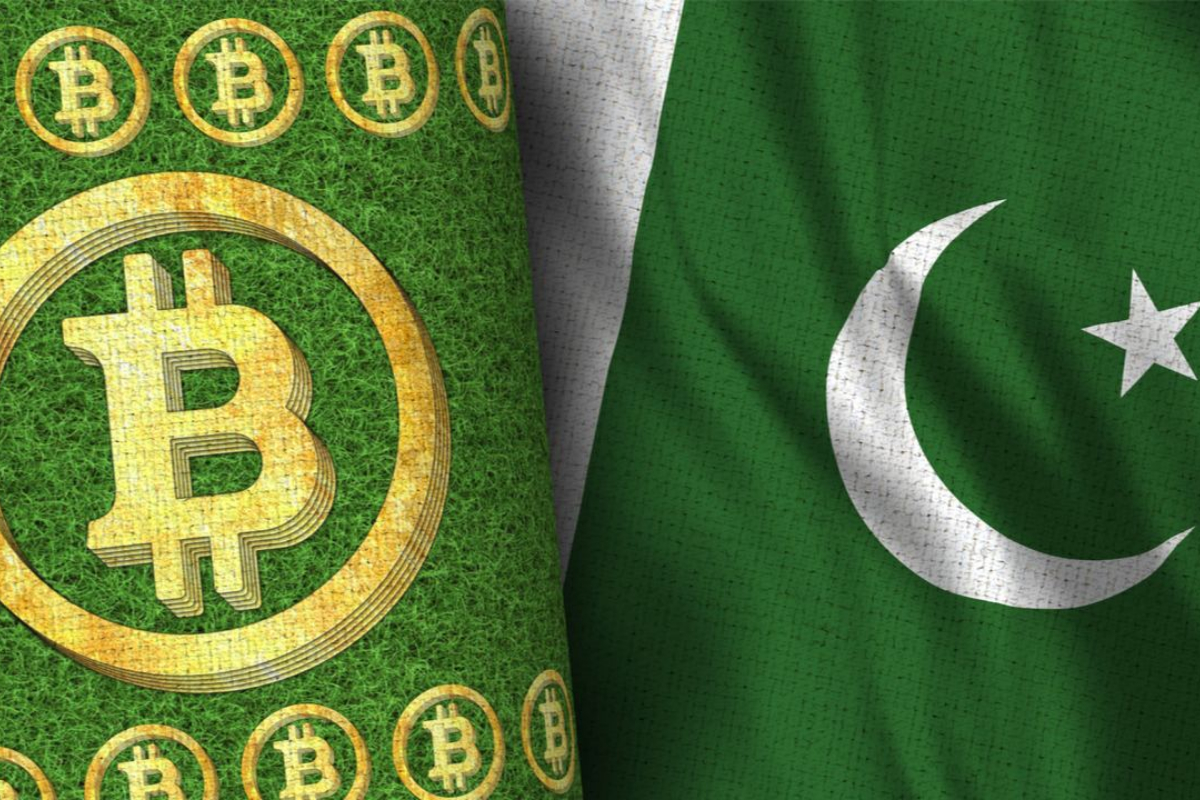- A third of arable farmers told the NFU they were reducing the amount of food they were producing.
- Fuel, animal feed, fertiliser, and energy prices have all seen unheard-of increases.
- One farmer said the UK’s food system is “broken,” he believes it must change.
According to the National Farmers’ Union, farmers struggling with rising costs are being forced to reduce their food production (NFU).
It claimed that several businesses were in danger of failing. One farmer told the BBC that the UK’s food system is “broken.”
A third of arable farmers told the NFU they were reducing the amount of food they were producing.
Because it requires less fertiliser, many people are moving from producing wheat for bread to wheat for animal feed. According to the government, its programmes aided farmers.
Due in part to Russia’s invasion of Ukraine, prices for fuel, animal feed, fertiliser, and energy have all seen unheard-of increases recently. This has put financial strain on farmers who often are unable to pass these costs on to supermarkets and other customers.
[embedpost slug=”sbp-promotes-farmers-financial-literacy-online/”]
When the wholesale price of gas, which is required to create fertiliser, started to rise last autumn, fertiliser prices also started to rise. With sanctions affecting supplies from Russia, one of the world’s largest suppliers of some of the major components in fertiliser, the situation has gotten worse as a result of the crisis in Ukraine.
Andrew Ward, who manages a 1,600-acre arable farm in Lincolnshire where wheat, barley, and rapeseed are grown, says, “I’ve never known farming to be so volatile and so stressful.”
He explains, “Sometimes when I wake up, I think, ‘Why am I doing that?'”
His energy prices have doubled, the cost of red diesel, which he uses in his farm vehicles, has increased by about 200 percent, and the price of fertiliser has increased by about 400 percent. He is thinking of applying less fertiliser to his crops, which would result in a lesser crop yield at harvest.
“The tonnes [of wheat] we’ll get will be smaller, which means there’ll be less food,” if the fertiliser is too expensive and it is not practical to apply the maximum amount.
In order for that to happen, Andrew is clear about what must change.
Our food system is dysfunctional. For too long, it has been too affordable. Our expenses are skyrocketing, so I don’t believe it’s fair that we should be forced to subsidise each household’s food budget.
We need to be able to support ourselves so that we can invest in our company and the surrounding area, but that isn’t happening, he continues.
[embedpost slug=”economic-pulse/2022/06/russian-farmers-seek-to-ride-out-western-sanctions/”]

